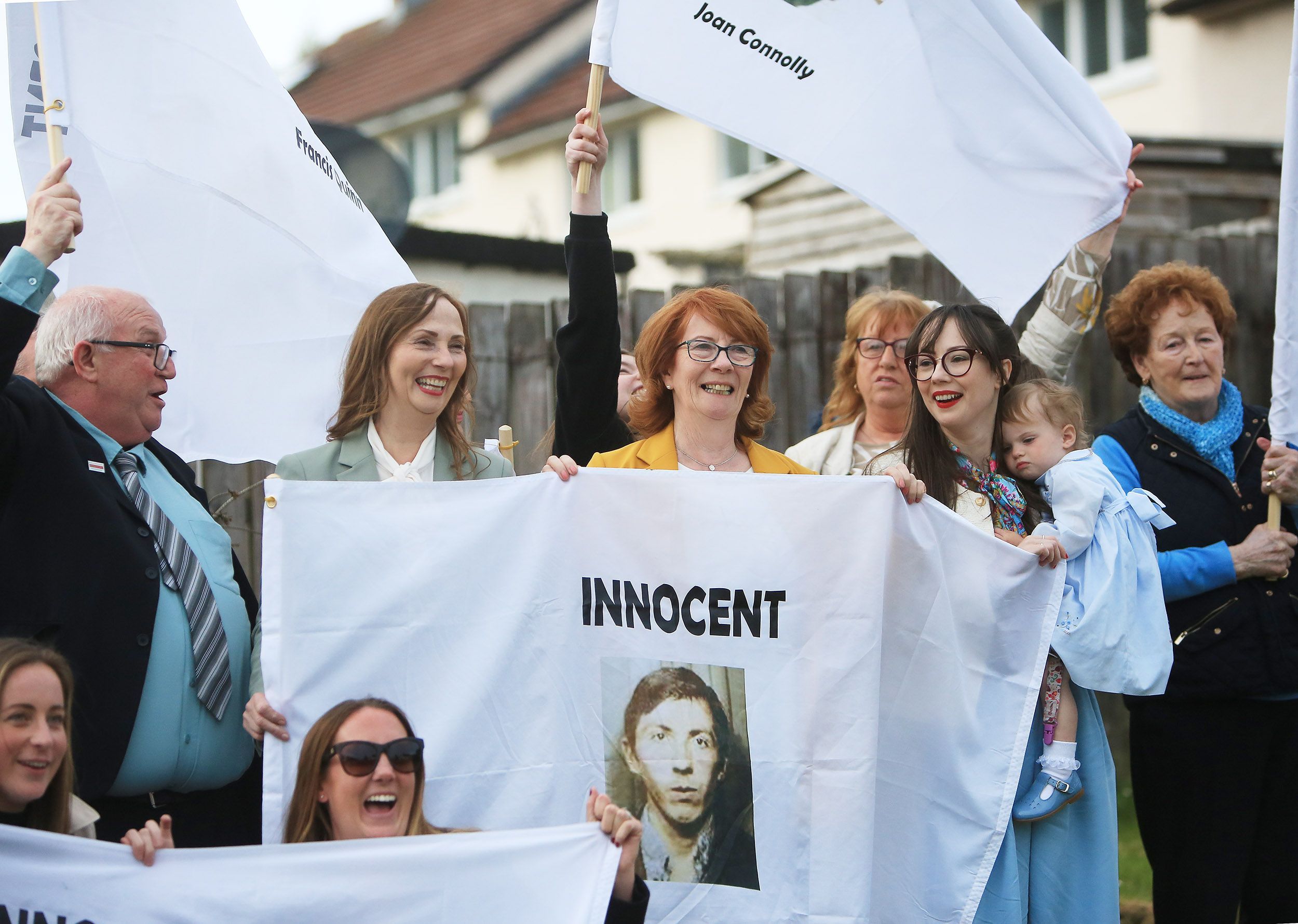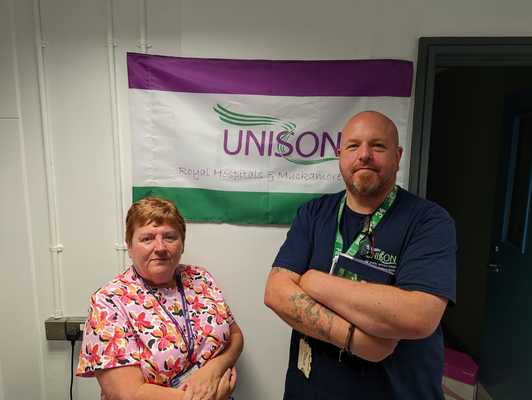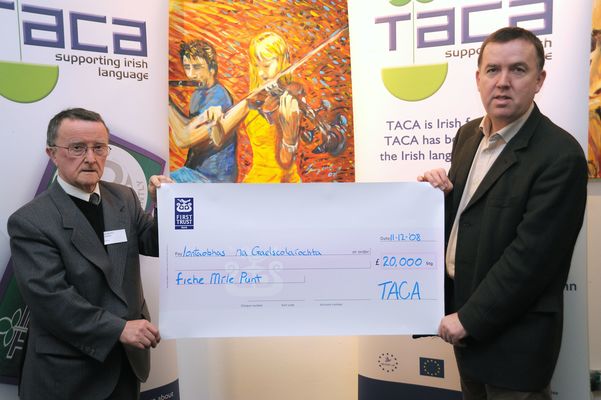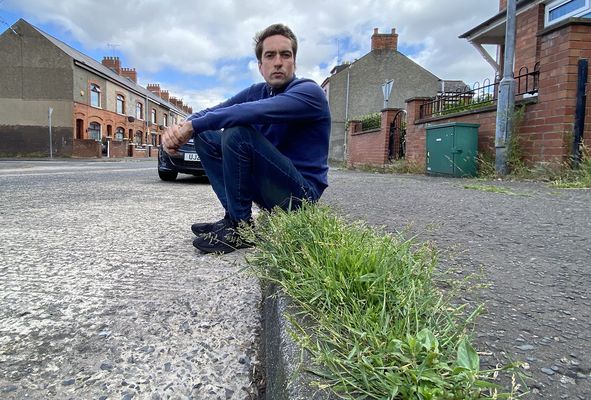THE Ballymurphy Massacre families have told an Irish Government Committee that they will not accept an amnesty for those responsible for their loved ones' murders.
On Tuesday, the Oireachtas Good Friday Agreement committee heard testimony from John Teggart and Carmel Quinn, whose relatives were killed during the 1971 atrocity.
It comes after an inquest found that ten people shot dead as the British Army’s notorious Parachute Regiment besieged the Ballymurphy estate in August 1971 were "entirely innocent".
John Teggart told the committee how 11 people, including his father, were "brutally murdered" and how the state had failed to investigated the killings. The death of Paddy McCarthy which occurred during the events of 9-11 August 1971 was not part of the inquest. The youth worker died of a heat attack after being harassed by soldiers and had a gun placed in his mouth.
"All 11 unarmed civilians were murdered by the British Army’s Parachute Regiment," he said.
"All left a place of safety to go to the aid of others, almost all were shot in the back.
"No police investigations were carried out and no member of the British Army was held to account.
"Evidence suggests that some of the soldiers involved in Ballymurphy went on to Derry some months later and murdered 14 innocent civilians.
"Had those involved in Ballymurphy been held to account, the events of Bloody Sunday may not have happened."
He added: "We always knew our loved ones were innocent, now the world knows it."
Mr Teggart told the committee that the Ballymurphy Families' "joy was interrupted" by the "feeble and insincere" apology issued by the Prime Minister, Boris Johnson, in the wake of the inquest findings.
"We never asked for an apology, what we did ask for was a police investigation," he stated.
"The police have never investigated the deaths of our loved ones.
"We shouldn’t need to ask for this, a proper police investigation is normal practice when citizens are murdered.
"The British Government now wants to deny us and others any chance for justice by introducing an amnesty for these murderers."
He asked the committee to use its influence to call on the British Government to implement the Stormont House Agreement, which contains mechanism for dealing with legacy issues.
"We will not accept an amnesty for these murderers and will challenge any attempts to do so," he stated.
"I would like to ask this committee to use its influence on the British Government to implement the Stormont House Agreement so that other victims don’t have to endure many years of campaigning as we did."
Carmel Quinn, whose brother John Laverty was killed during the Massacre, said her family were "lucky" to have an inquest, and stressed that others whose loved ones were murdered "can't move on" without justice.
"There are families sitting that haven't had any kind of recognition," she said.
"The Stormont House Agreement is there, the mechanisms are there. People can't move on, people are stuck in the past because there has never been any accountability for what happened – nothing at all."
Ms Quinn referenced a recent letter, signed by over 3,600 victims sent and to the Irish Government, that calls for the implementation of Stormont House Agreement.
"That needs to be addressed," she told the committee.
"The Stormont House Agreement needs to be implemented and the Prime Minister of England needs to be told quite firmly that there is no amnesty on the table."
Human rights solicitor Pádraig Ó Muirigh, who represents a number of the Ballymurphy families, told the committee that they would "challenge any such move" to bring forward an amnesty for the perpetrators of state violence.
He stated that the proposed amnesty represented a "breach" of the European Convention on Human Rights.








